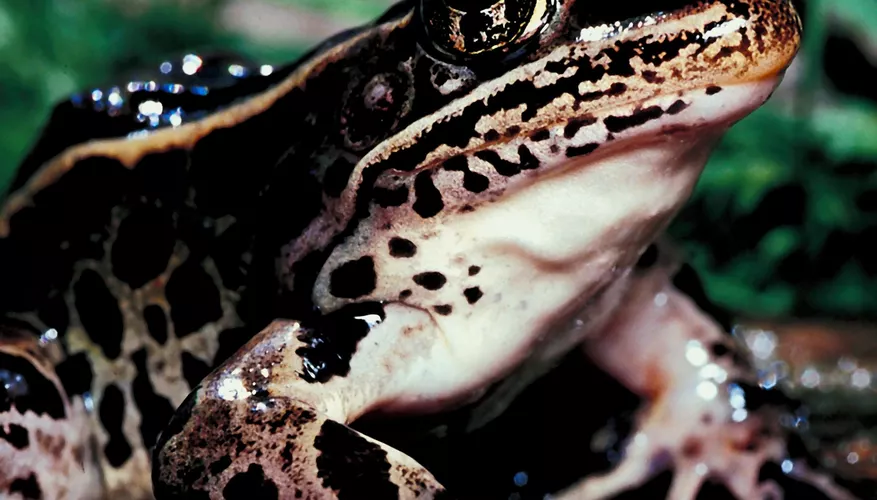While the iconic image of a frog catching insects with its swiftly extended tongue is common, frogs have a much more varied diet than many might expect. Residing in moist environments that host a plethora of living creatures, frogs often take advantage of these biodiverse habitats to feed on a range of prey, including fish, birds, mammals, and even other amphibians.

Frogs are opportunistic feeders and their diet can include several surprising items, depending on their size and the availability of prey:
| Prey Type | Details |
|---|---|
| Fish | Frogs in captivity may eat guppies, minnows, and goldfish. They prefer live prey and use their sticky tongues to capture and swallow fish whole. |
| Bird-Eating Frogs | Example Species |
|---|---|
| Khorat Big-Mouthed Frog | Known for catching birds by water streams in Thailand. |
| American Bullfrog | Capable of eating birds due to its large size (up to 8 inches long and 1.5 pounds). |
| Mammal-Eating Frogs | Details |
|---|---|
| Ornate Horned Frog | Also known as the Pacman frog, known to eat mice. |
| African Bullfrogs | Capable of swallowing small rats in one rapid movement. |
Frogs use their powerful jaws to crush and consume small mammals like mice and young rats, adhering to the principle that if the prey fits in their mouth, it's fair game.
| Cannibalistic Behavior | Details |
|---|---|
| Intra-species predation | Larger frogs may eat smaller frogs or even other small lizards if they are the right size. |
This surprising aspect of their diet highlights the adaptability and sometimes cannibalistic nature of frogs, making it essential for those in captivity to ensure that frogs are appropriately sized to cohabitate safely.
Frogs' diets vary significantly based on their environment and size. They are not limited to just insects; they can consume anything from small fish to birds and mammals, illustrating their role as versatile predators in their ecosystems. This dietary flexibility helps them thrive in various environments, from tropical rainforests to temperate ponds.
animal tags: Frogs
We created this article in conjunction with AI technology, then made sure it was fact-checked and edited by a Animals Top editor.